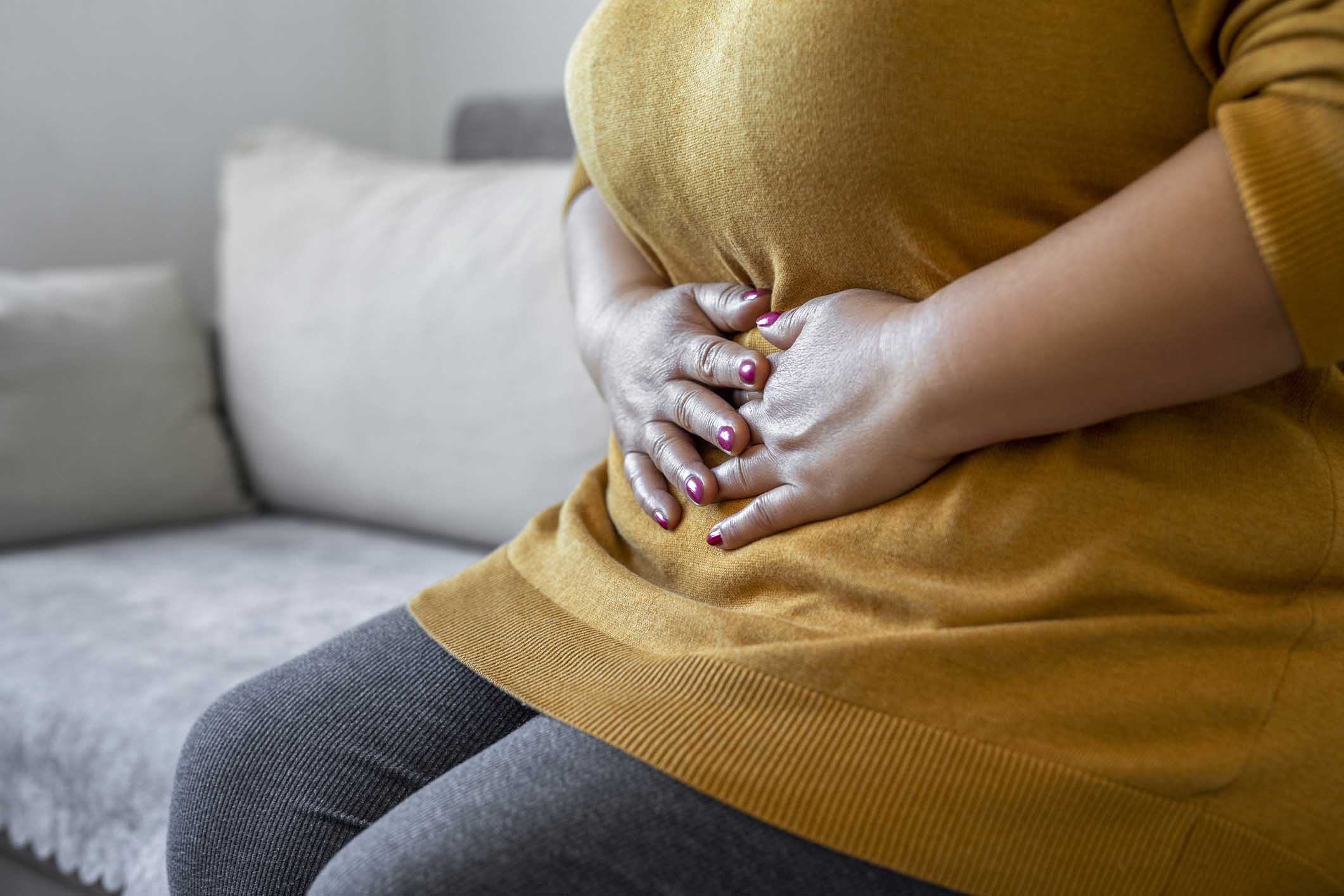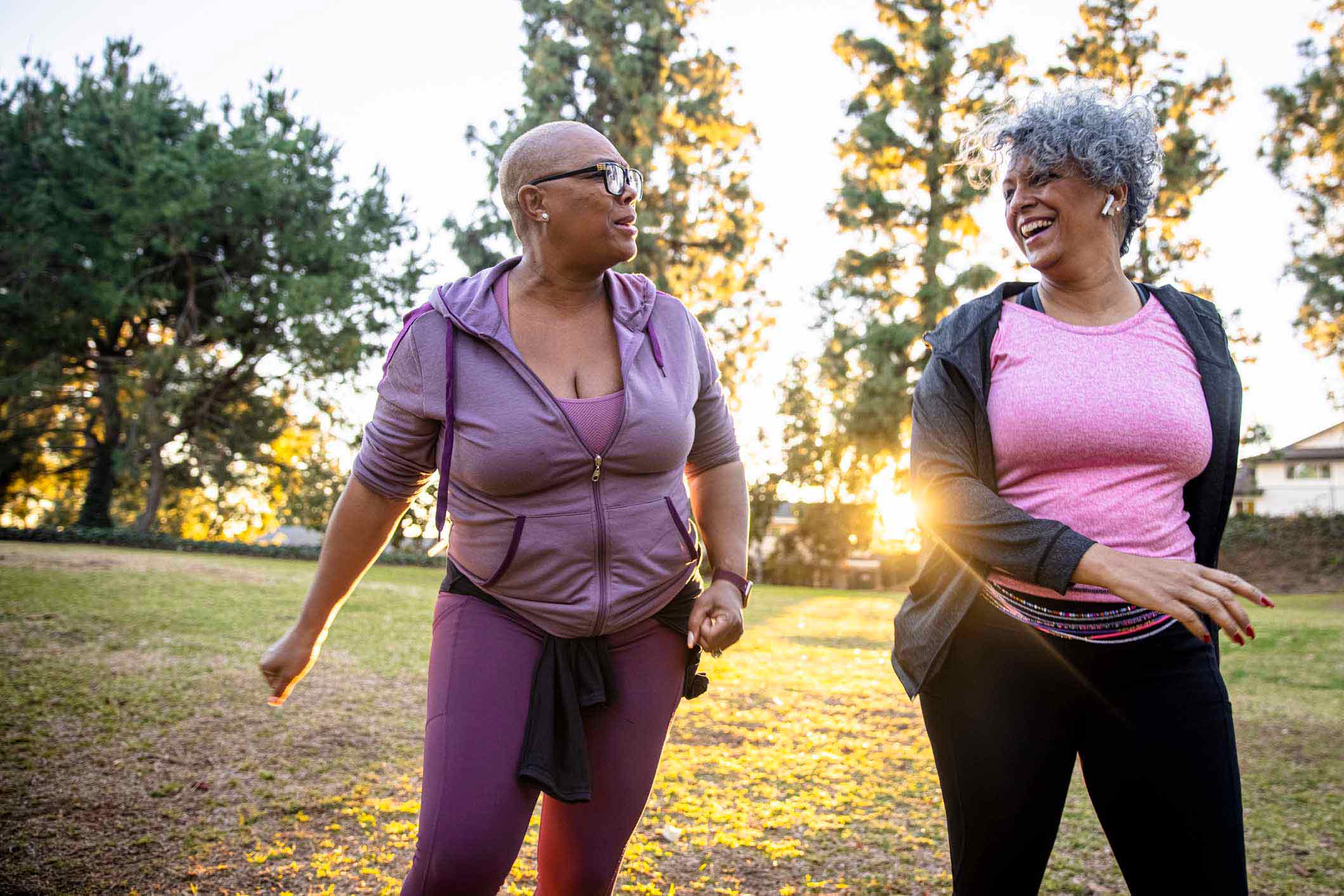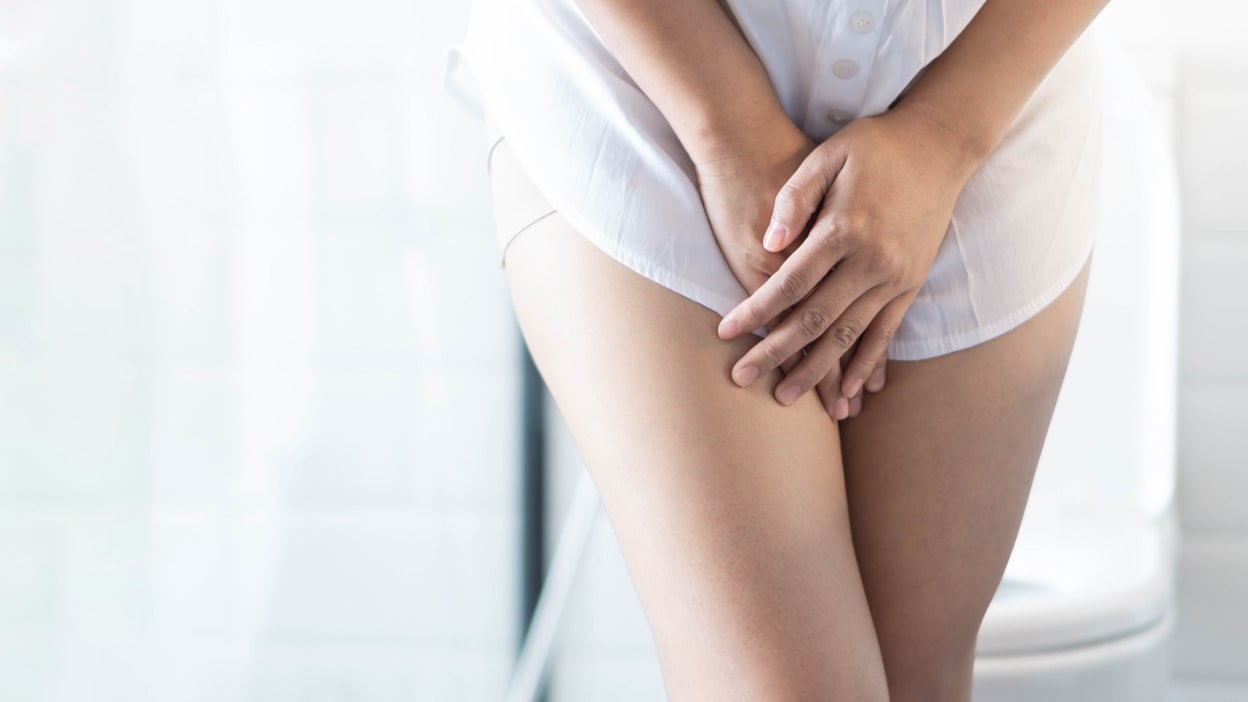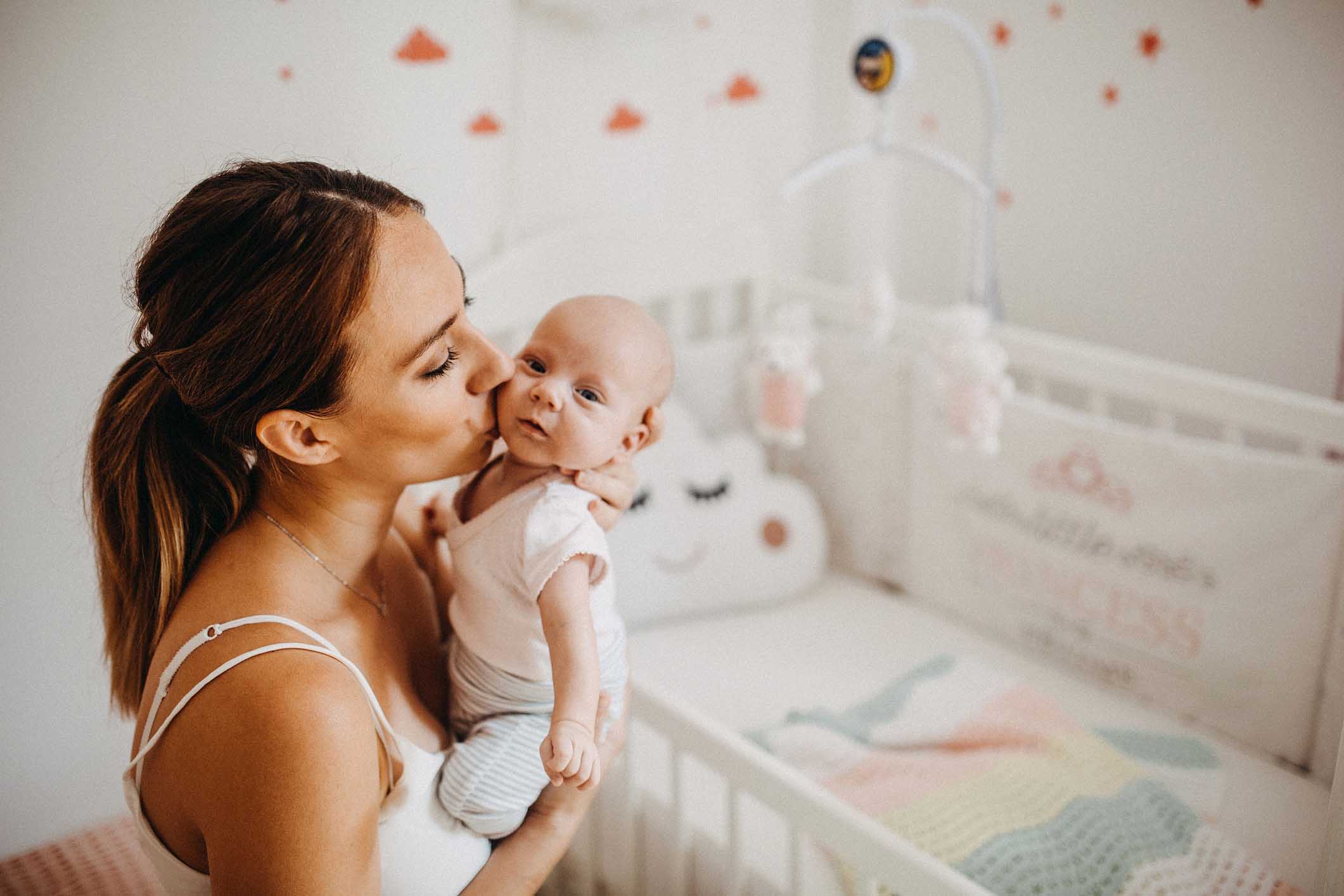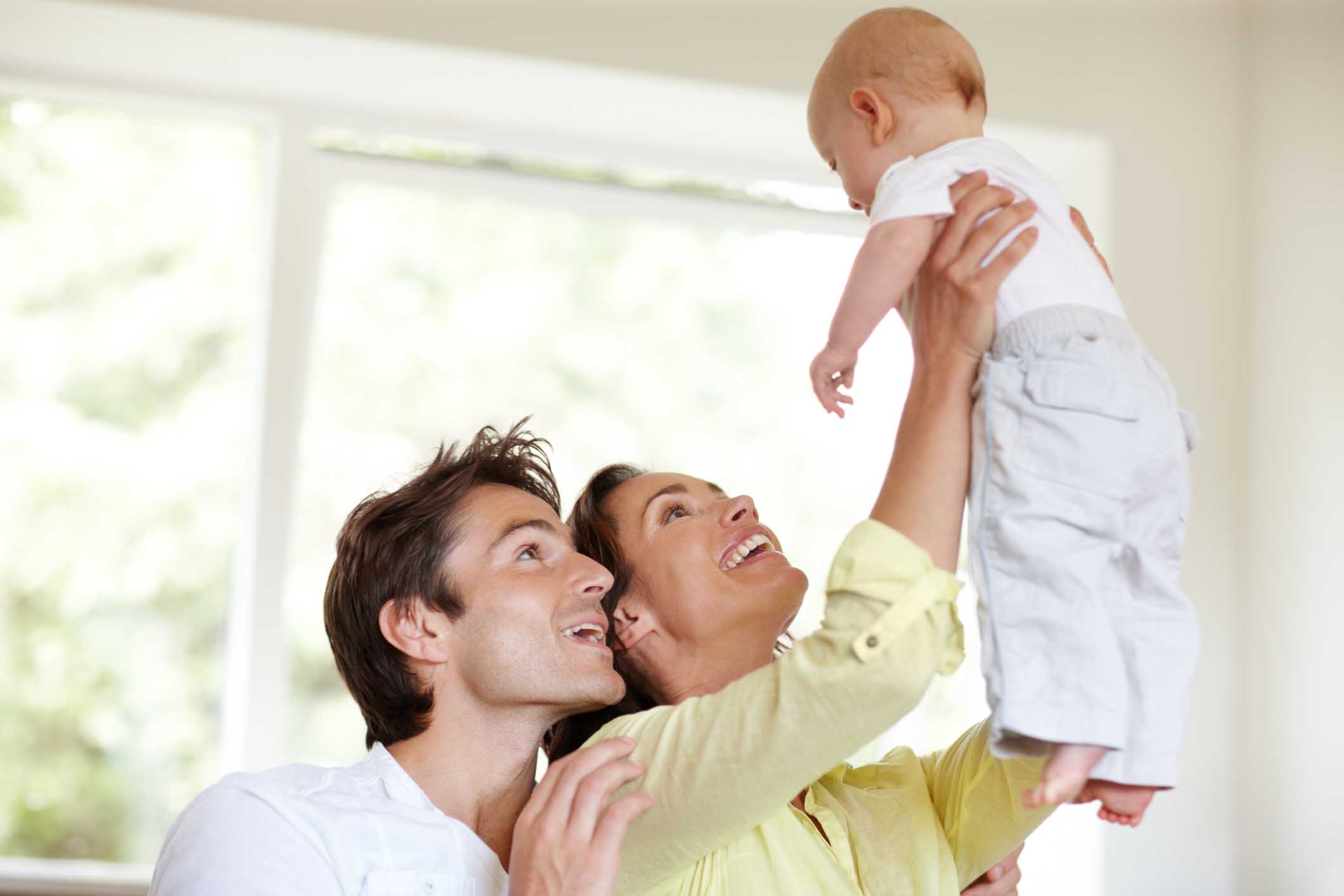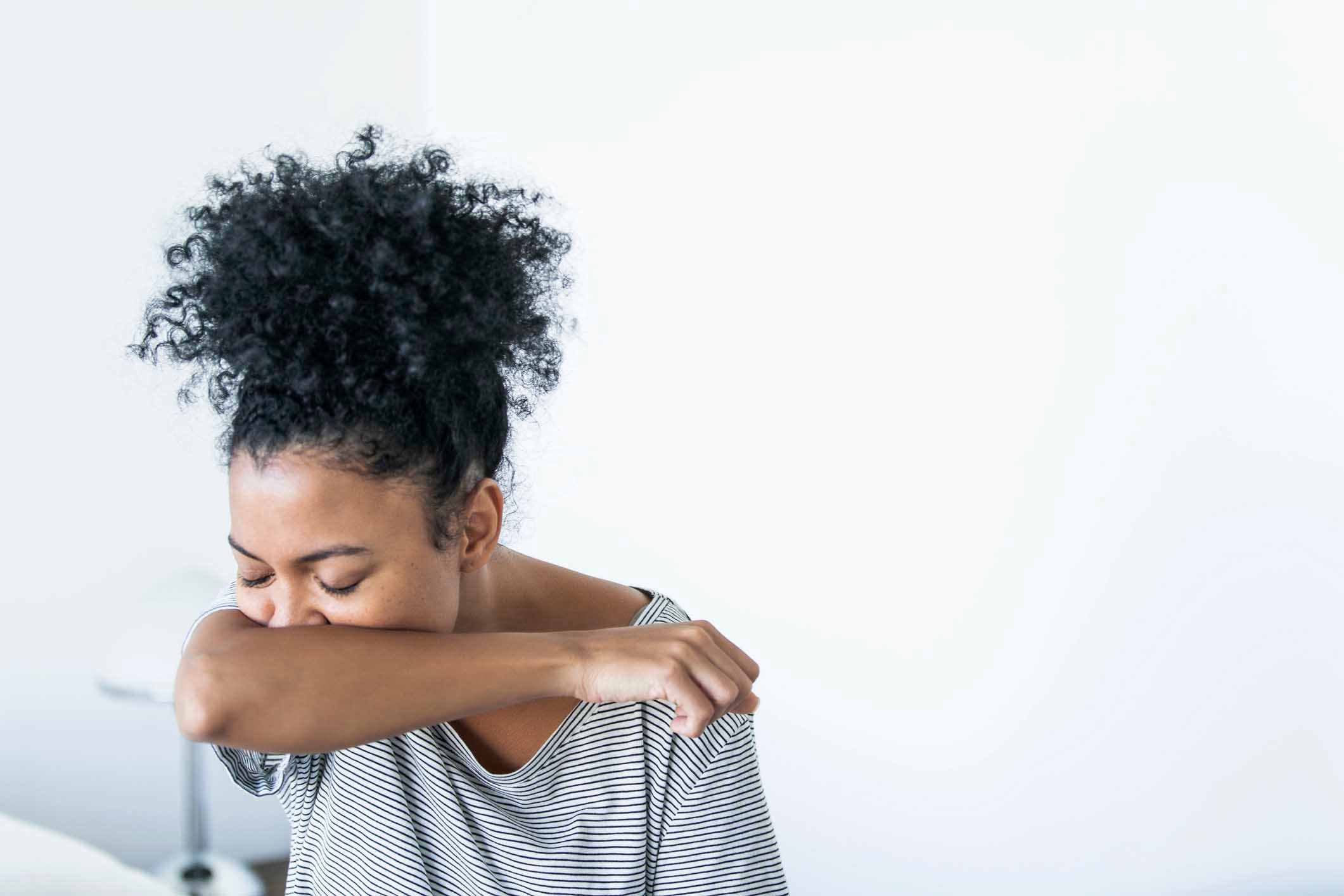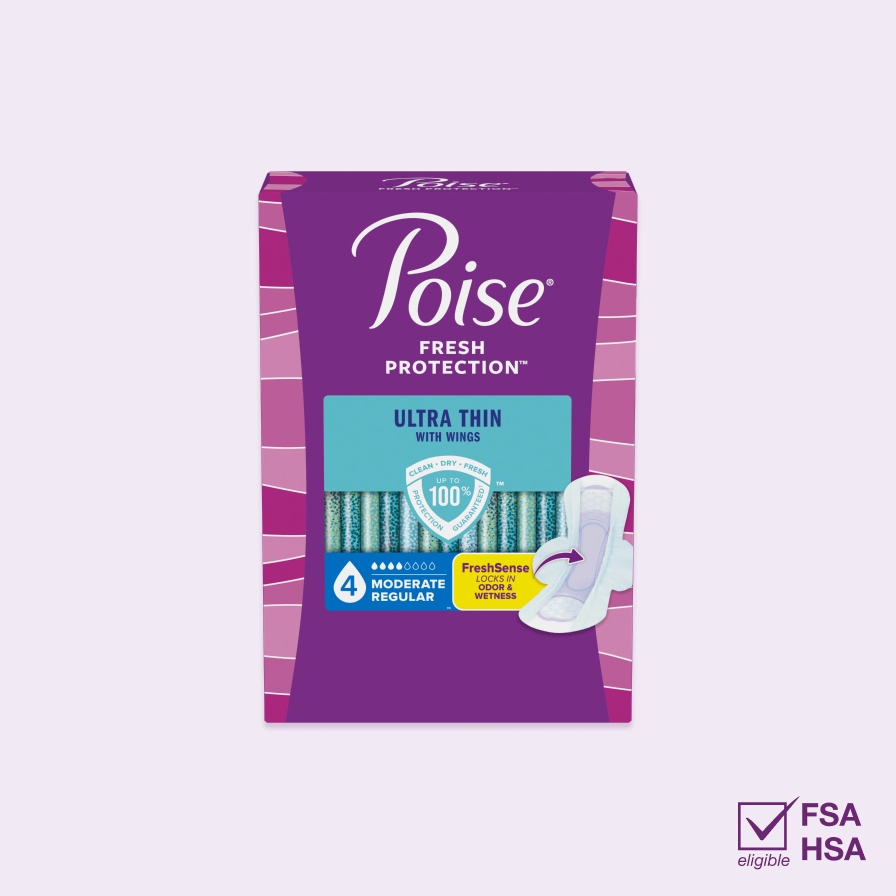What is Frequent Urination?
What is Frequent Urination?
For someone experiencing frequent urination, it can be difficult to determine if and when to talk with an OB/GYN, urologist, or urogynecologist.
Given the similarities that exist across different bladder conditions, it is understandable why many patients are confused about what is going on with their bodies. I want to empower readers to talk about bladder conditions with their doctors.
Here are the four most common questions about frequent urination that I hear in my practice:
What is considered frequent urination?
Frequent urination is the urge to use the bathroom frequently throughout the day. With patients who are experiencing this, we discuss the full spectrum of symptoms they may be having, to uncover other health conditions that could be causing frequent urination.
While frequent urination may not always involve leakage, there are parallels between symptoms and causes of bladder leaks and frequent urination.
What are frequent urination symptoms?
When a patient feels the need to urinate more often than usual, we dive deeper into discussing symptoms of frequent urination. This tendency can occur during the day, or at night – when a patient feels the urge to use the bathroom at night, the condition is called Nocturia.
The following are symptoms of frequent urination:
- Urge to go more than eight times within 24 hours
- Experiencing the urge more than twice during overnight sleep
- Experiencing the urge even when the patient does not have to use the bathroom
Frequent urination can also occur with other symptoms including increased thirst, pain with urination, feeling of not emptying the bladder completely, back pain, or bladder pressure.
What causes frequent urination?
The causes of frequent urination are typically attributed to the following factors:
- Drinking large volumes of liquids, of any kind
- Consuming caffeine, which can be a dietary bladder irritant
- Urinary tract infection (UTI): Can cause urgency even after the bladder has already been emptied
- Interstitial cystitis: A chronic bladder condition causing bladder pressure and pain
- Diabetes: As the body works to flush out extra glucose, a patient might see an increase in urine and therefore more frequent trips to the bathroom
- Medications: If you take medications like diuretics that address high blood pressure, they can sometimes relieve water retention and make you urinate more
- Overactive bladder: A condition causing the frequent urge to urinate, even when the bladder isn’t full, and may or may not include incontinence
- Pregnancy: Fluctuating hormones, relaxation of the pelvic floor muscles, and the pressure of the baby against the bladder can lead to more frequent urination
- Bladder cancer: While rare, it’s important to consider the presence of cancer that can lead to bladder dysfunction
How can I treat frequent urination?
Many of my patients who experience this condition want to know how to stop frequent urination. Once we identify the cause of the frequency, we can address those conditions either through lifestyle habits, such as avoiding foods or fluids that trigger the bladder, or through antibiotics in the case of a urinary tract infection.
If we confirm that a patient is experiencing an overactive bladder, I may recommend the following treatments:
- Pelvic Health Physical Therapy: Strengthening the pelvic floor through Kegels or other exercises
- Bladder training: Following a urination schedule to help get the bladder used to less frequent trips
- Medication: Address relaxation or calming of the bladder muscles and nerves through medicine. Before taking medicine however, it’s important to note that you should always consult with your primary healthcare provider first
If we identify that a patient should see their primary care doctor or a specialist for some of these conditions, those healthcare providers may try tests such as:
- Urine samples to check for bacteria
- Urodynamics to test the function of the bladder muscles
- Cystoscopy to look inside the bladder, or an ultrasound/CT scan to look for cancers and other structural causes
While experiencing and/or treating excessive urination, it can be helpful to stay prepared for leaks or urgencies. I like to recommend that my clients use Poise® Ultra Thin pads which are fast-absorbing so patients can stay comfortable in case of unwanted bladder leaks.
I’ve also heard some patients mention increased urination while on their monthly period. This might come from the feeling of being bloated or even from elevated progesterone levels that cause water retention in the body – hence, an increased urge to pee.
If you’re experiencing a period and frequent urination at the same time, luckily there’s a dual-use pad that you can use to stay dry for either type of leak. The One by Poise® pad absorbs both menstrual or bladder leaks and is an excellent way to stay fresh and protected.
# # #
Author Summary: Dr. Staci Tanouye, MD, board-certified OB-GYN is a physician in a private practice and an expert in adolescent health, sexual health, reproductive health, and menopausal health. She has become one of the leading gynecologists on social media with the mission to educate women and all people with vulvas to love their bodies through knowledge and empowerment.
Recommended Products
Absorbency Level
Absorbency Level

